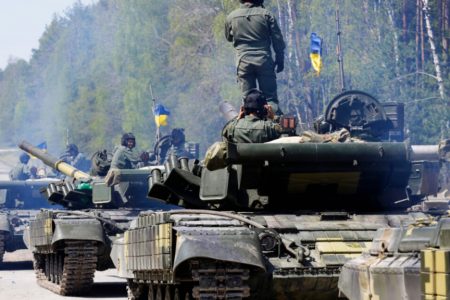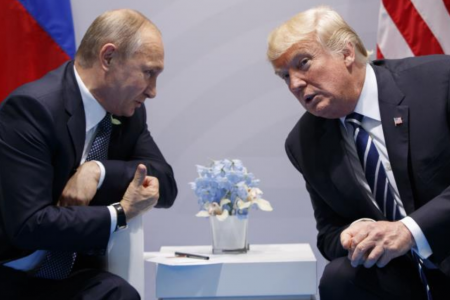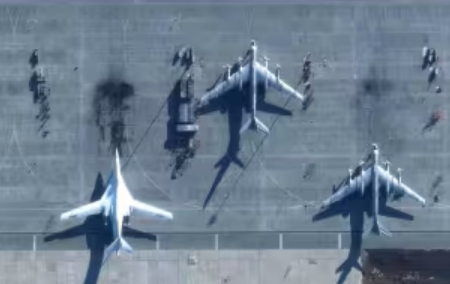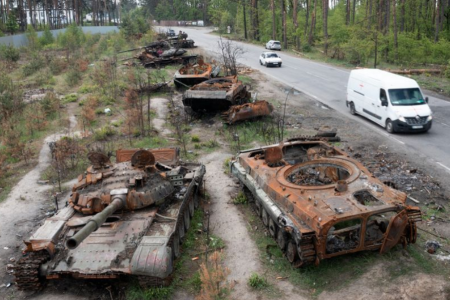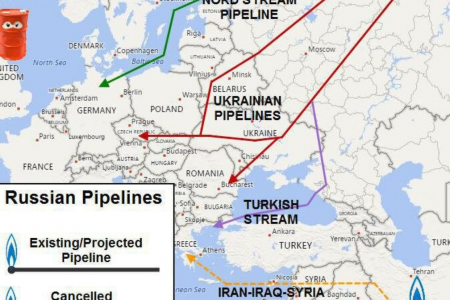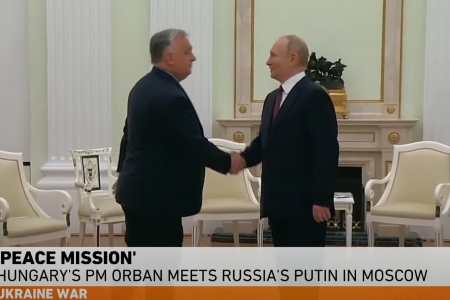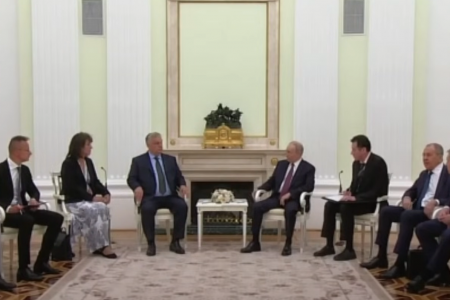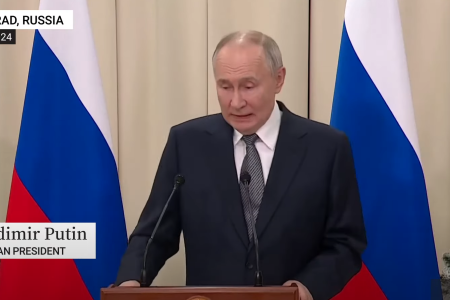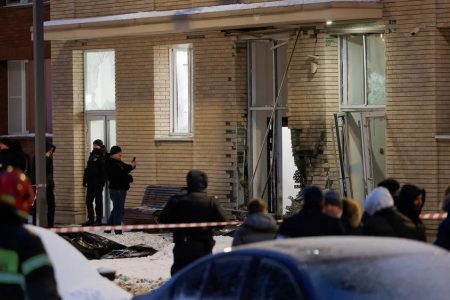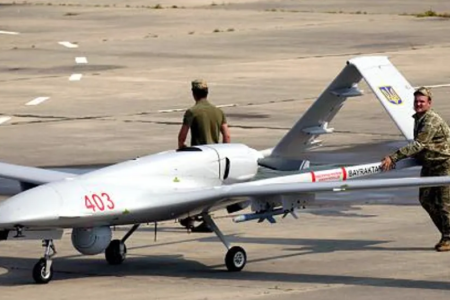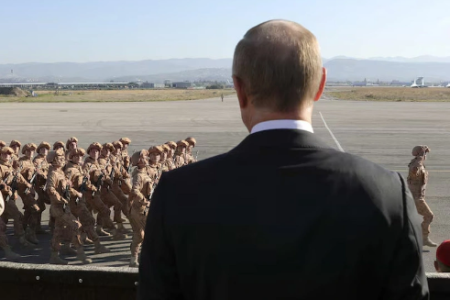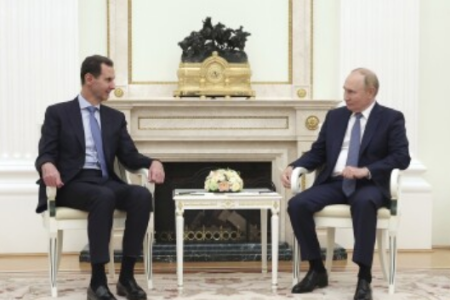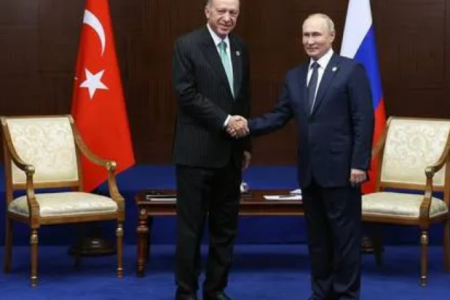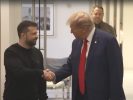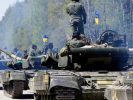
One of the human rights trends that US Secretary of State Antony Blinken raised at the State Department’s release of its Annual Report on World Human Rights on March 30 is that authoritarian governments are using new technology to track and harass citizens and spread false information at home and abroad. This situation is clearly reflected in the presentation of the report on Vietnam.
Closely monitor Internet users
The State Department’s 45th national human rights realization report states that the Vietnamese government is applying a variety of measures to limit Internet freedom. Such measures include implying censorship of online content, preventing domestic and foreign websites which are considered inappropriate from being viewed; Restricting and disrupting access to the Internet, arresting and imposing criminal sentences on those who post information critical of the Government, or express differing views on the Internet. In particular, the report also pointed out that the Government of Vietnam is “diligently” controlling personal information and daily Internet usage of the people.
“The government bans direct access to the Internet through foreign service providers and requires them to provide technical assistance and workspaces for security staff so they can monitor online activities. The Ministry of Public Security has long required “Internet agents”, including Internet cafes, to register customers’ personal information, to keep records of the websites customers visit and participate in government investigations of online activity. Internet cafes continue to install and use government-approved software to track customers’ online activities,” the report wrote.
The report also said that the Vietnamese government has continued to put pressure on Facebook and Google, asking them to remove “fake accounts” and “malicious” information, including anti-state documents.
“In October 2019, the Ministry of Information and Communications announced that Google had removed nearly 8,200 video clips, YouTube blocked 19 YouTube channels, and Facebook blocked nearly 2,500 links, 249 fake accounts, and 249 links defaming the Communist Party of Vietnam and its government,” the report said, adding the Ministry of Defense of Vietnam has completely built a unit, called Force 47, to seek out “false” information and propaganda activities against the State.
Inhumane treatment of political prisoners
Another reported serious human rights violation was the inhumane treatment of political prisoners, including restricting rations, providing dirty food, or simply deliberately keeping prisoners away from home.
“Political prisoners’ daily food is less compared to others. Former political prisoners reported receiving only two small bowls of rice and vegetables daily and that these foods were often mixed with foreign objects such as insects or rocks. Relatives of many imprisoned activists reported that they have been ill while medical treatment is inadequate and leads to long-term health complications,” the report wrote.
The report also gives an example of a relative of prisoner of conscience Nguyen Van Duc Do send a petition to Xuan Loc Detention Center, Dong Nai Province, alleging that prison guards assaulted Mr. Do, put him in solitary confinement, gave him food mixed with human waste. His family ordered the prison to end this inhumane treatment.
“The prison authorities also often keep political prisoners away from home, making it difficult for their families to visit and also not regularly informing their relatives when moving them to a new camp,” the report said and gave the example of Mr. Vo Thuong Trung’s wife, when visiting her husband at a prison in Dong Nai province on February 27, 2020, she did not know that Mr. Trung was transferred to Gia Trung Detention Center, Gia Lai province, 540 km away from the old facility. Another example is activist Nguyen Tuong Thuy, who lived and was arrested in Hanoi when he was transferred to Ho Chi Minh City for detention in May 2020.
“The Biden-Harris administration will double our efforts to support journalists, human rights defenders, anti-corruption activists, union organizers and other advocates across the world, who sacrifice everything to protect human rights,” US Secretary of State Anthony Blinken said at the publication of the Annual Report on the World Human Rights on March 30, 2021.
The trial is not fair
Inequality in adjudication and judiciary independence, the judiciary’s lack of independence, is reported, and law enforcement barriers remain serious in Vietnam.
“The Party’s authority is particularly prominent in high-level cases where the government charges a person with corruption, defies or harms the Party or the state, or both. Defense attorneys routinely complained that, in many cases, it seems that judges made a decision before the trial,” the report also said that the authorities put pressure on lawyers, do not allow them to defend religious or democratic activists or punish them for continued recognition of these activities.

“There continue to be credible reports that the authorities are pressuring defense lawyers not to defend religious or democracy activists and question their motives to do so,” the report confirmed at the same time that the authorities also restricted, harassed, arrested, and removed human rights lawyers representing political activists, typically the conviction of lawyer Tran Vu Hai and his wife. He was charged with tax misappropriation because he offered to defend activist Truong Duy Nhat.”
“An example is the case of lawyer Tran Vu Hai. On February 21, the appeal court in Khanh Hoa upheld the prison sentence for lawyer Tran Vu Hai and his wife sentenced from November 2019 to 12 to 15 months in prison for ‘tax evasion. Those charges were brought in July 2019 for the Ministry of Public Security to deny Hai’s request to defend detained activist Truong Duy Nhat. They also allowed the police to search Hai’s office and confiscate sensitive documents related to the protection of human rights activists, including Mr. Truong Duy Nhat,” the report said.
“Countries where dissent is welcome, where corrupt and abusive officials are punished, where labor law is respected, where people of all backgrounds have access and equal associations – countries that have the potential for peace, prosperity, and stability. They are less likely to fall into conflict. They are more likely to have a growing economy and become a market for our own goods and services,” said US Secretary of State Anthony Blinken at the release of the Annual Report on World Human Rights on March 30, 2021.
Dong Tam – a convergence of procedural irregularities
The Dong Tam incident was not only reported as an example of the clash between local people and the authorities over inadequate land acquisition, leading to violence but was also repeatedly mentioned as an example of “serious abnormalities” in the legal proceedings in Vietnam. Anomalies are seen in many ways, from tricks of torturing defendants to preventing family members and defense lawyers from exercising their legal rights.

“One of the villagers in Dong Tam village was arrested and later released after Jan 9, 2020 clash alleged that interrogators of the Ministry of Public Security tortured many of the 29 defendants with multiple various methods, including electric shock, cigarette that burns skin in many areas of the body, hydration, and other methods do not leave a physical trace,” the report said.
Also according to the report, during the first-instance trial of 29 Dong Tam land petitioners people in September 2020, security forces prevented the Dong Tam people, the defendants’ families, and the famous activists from leaving their homes. At the trial, some of the rights of the defendant and the attorney were not guaranteed. For example, under Vietnamese law, the defendant has the right to speak to a lawyer if they are being tried for a criminal offense that could result in a sentence of 15 years or longer but the defense lawyers at the Dong Tam case said that “initially the police prevented them from talking to the client and only allowed them to do so after many requests and official application sent to the court.”
And the abuse of the government’s use of video clips to manipulate the trial as well as the public’s perception about the suspect and the case in trials in Vietnam is also used at the trial of 29 Dong Tam land petitioners at first-instance.
“During the trial of 29 Dong Tam villagers in September 2020, the prosecutor distributed many video clips in which the defendants confessed to their crimes. The defendant’s legal counsel reflected on social media that the video distorted the defendants – who were forced to confess on video,” the report said.
Thoibao.de (Translated)



